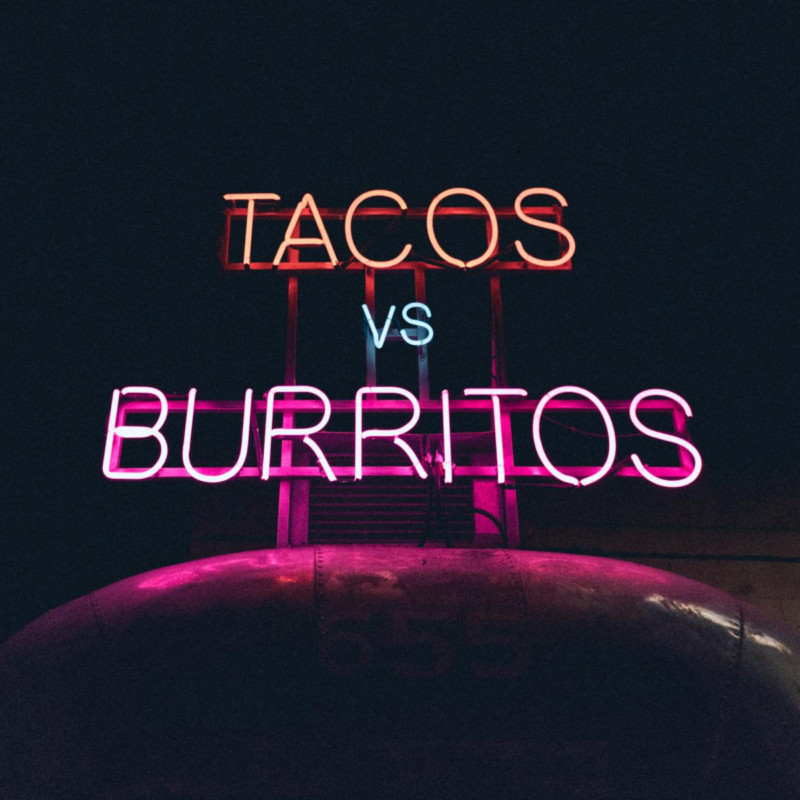Professional basketball player LeBron James is known not only for his skills on the court but also for his love of tacos. He frequently uses the term “Taco Tuesday” in his social media posts about his family’s celebration of Taco Tuesday.
His company LBJ Trademarks, LLC, recently filed an application to register the mark TACO TUESDAY for use in connection with advertising and marketing services, podcasting services, online entertainment services, and downloadable audio/visual works.
Earlier this month, the US Patent and Trademark Office (USPTO) denied registration, stating that TACO TUESDAY is “a slogan or term that does not function as a trademark,” that is, that it does not indicate the source of the applicant’s services and distinguish them from others.
In fact, said the trademark examiner, TACO TUESDAY is a “commonplace term, message, or expression widely used by a variety of sources that merely conveys an ordinary, familiar, well-recognized concept or sentiment.”
Similarly, PROUDLY MADE IN THE USA, I ♥ DC, DRIVE SAFELY and THINK GREEN have been found not to function as trademarks because they merely convey a message.
To overcome a denial such as this, the applicant may submit evidence demonstrating that the phrase is perceived as indicating a single source for the identified goods or services.
The more generalized or commonplace and widely used a term is, however, the more likely it would be perceived as merely informational and the less likely it would be seen as indicating the source of the relevant goods or services.
Neither long-time use nor substantial sales and advertising prove recognition of the phrase as a mark.
Other potentially unprotectable marks are those that are descriptive. Although you may prefer to have a mark that describes what you’re selling, a trademark must be “distinctive” to be protected. That is, the mark must be used to identify the source of the product or service, not just describe it.
Courts classify marks into categories of distinctiveness. The most distinctive marks are those that are arbitrary or fanciful. Examples include EXXON for gasoline and APPLE for electronics.
Suggestive marks, those that require some imagination to determine the nature of the goods or services, are also protectable. An example is MUSTANG for fast cars.
A descriptive mark receives trademark protection only if the mark’s owner can prove that the mark has acquired “secondary meaning” in the minds of the relevant public. In other words, consumers must associate the mark with a unique source and think of the term as a brand rather than as a description.
For example, TV GUIDE is descriptive of a guide to TV programs; yet because of its extensive advertising, promotion and public recognition, this mark has achieved what is known as a secondary meaning (i.e., distinctiveness). It is, therefore, protectable.
A term that is commonly used as the name of the kinds of goods or services to which it is referring is considered generic. Generic terms receive no trademark protection at all.
Examples of formerly protected marks that have become generic over time are ASPIRIN, ESCALATOR, and THERMOS. Other examples of generic marks include SHOES for a brand of shoes and CAR for a brand of automobile.
Please feel free to contact us if you have any questions about trademark law or if you need assistance registering or protecting your trademarks.
Photo by Matt Nelson on Unsplash
P.S. The DuBoff Law Group is pleased to announce that The Law (in Plain English)® for Nonprofit Organizations, by Leonard D. DuBoff and Amanda Bryan, is now available for purchase at Amazon, Skyhorse Publishing, Barnes and Noble, and other booksellers.






